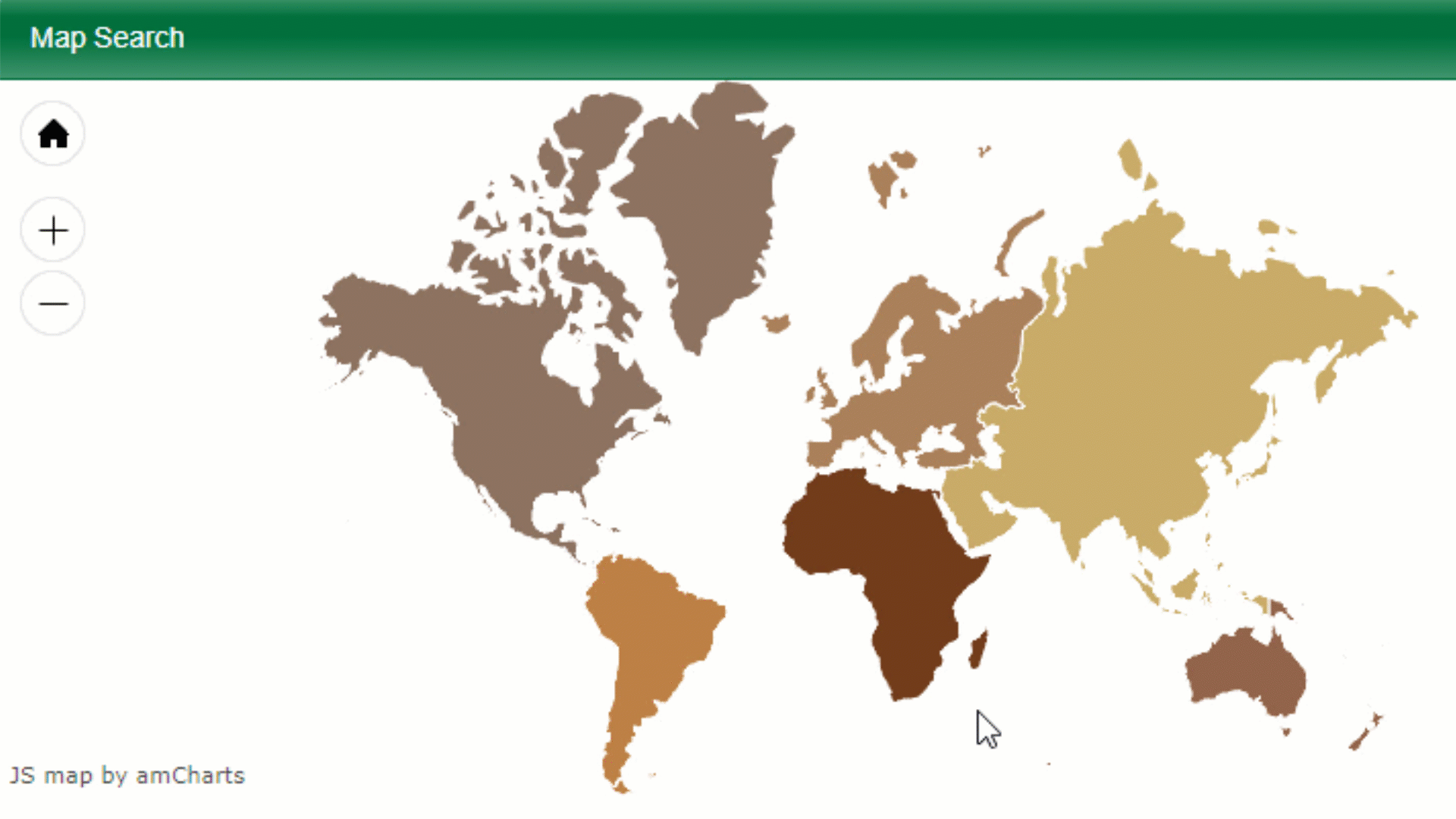Where Can I Go?
UNC Charlotte Education Abroad (EA) offers hundreds of program options in over 70 countries around the world, so students have many different locations to choose from when it comes to studying or interning abroad. Students may begin the study abroad process with a particular destination in mind, but EA encourages students to keep an open mind as they consider the other important factors that go into selecting the program location that best fits their academic, financial, and personal needs.

Map of study abroad destinations
Start exploring study abroad destinations with the EA Map Search tool.

FINDING A PROGRAM
The EA website has a whole section that offers information on things to consider when selecting a program, as well as an overview of all the different program types. Before jumping into the research process, students are encouraged to first reflect on what’s important to them specifically when it comes to their study abroad program. Then, they should fully understand how each program type works. From there, the research process will be more efficient as students explore which options may be the best academic, financial and personal fit for them.
LOCATION RESTRICTIONS
The safety of our students is Education Abroad’s top priority. While students can study or intern abroad almost anywhere around the globe, there are some restrictions. UNC Charlotte students cannot study or participate in University-sponsored activities abroad in any location that the U.S. Department of State identifies as Level 3 or Level 4 according to their travel advisories.
Note that conditions can change rapidly in a given location at any time, so students should check their intended destination’s advisory level regularly. Examples of reasons the Department of State might issue a particular travel advisory level may include unstable government, civil war, ongoing intense crime or violence, or frequent terrorist attacks. Travel advisories remain in place until the situation changes; some have been in effect for years.
LANGUAGE REQUIREMENTS & BARRIERS
Students do not have to be proficient in another language in order to be eligible to study abroad. While there are many great programs offered in English-speaking countries, these locations can sometimes be among the most expensive places to study in due to cost of living. EA highly recommends that students consider pushing themselves outside of their comfort zone to study in locations where their native language is not a national language. Many programs still offer courses taught in English, and offer language immersion experiences outside of the classroom. Immersion is the number one way to learn or improve language skills. Students often find programs that fit their goals in a variety of locations, and enjoy expanding or learning new language skills alongside other coursework.
WHEN to GO ABROAD
Students can go abroad almost any time during their undergraduate or graduate career at UNC Charlotte. Remember to check the eligibility section to see some guidelines and restrictions. It is each student’s individual responsibility to determine which is the best semester for them to go academically, financially, and personally. Programs can be as short as one week, and as long as one year. They are offered during spring break, fall and spring semesters, and academic or calendar years.
When researching program options it is important to consider the host university/program academic calendar, as it will likely differ greatly from the UNC Charlotte academic calendar. Each program will have different dates, and in some cases may overlap with another term at UNC Charlotte. It is essential that students consider which dates will work for them individually and when they need to return to UNC Charlotte.